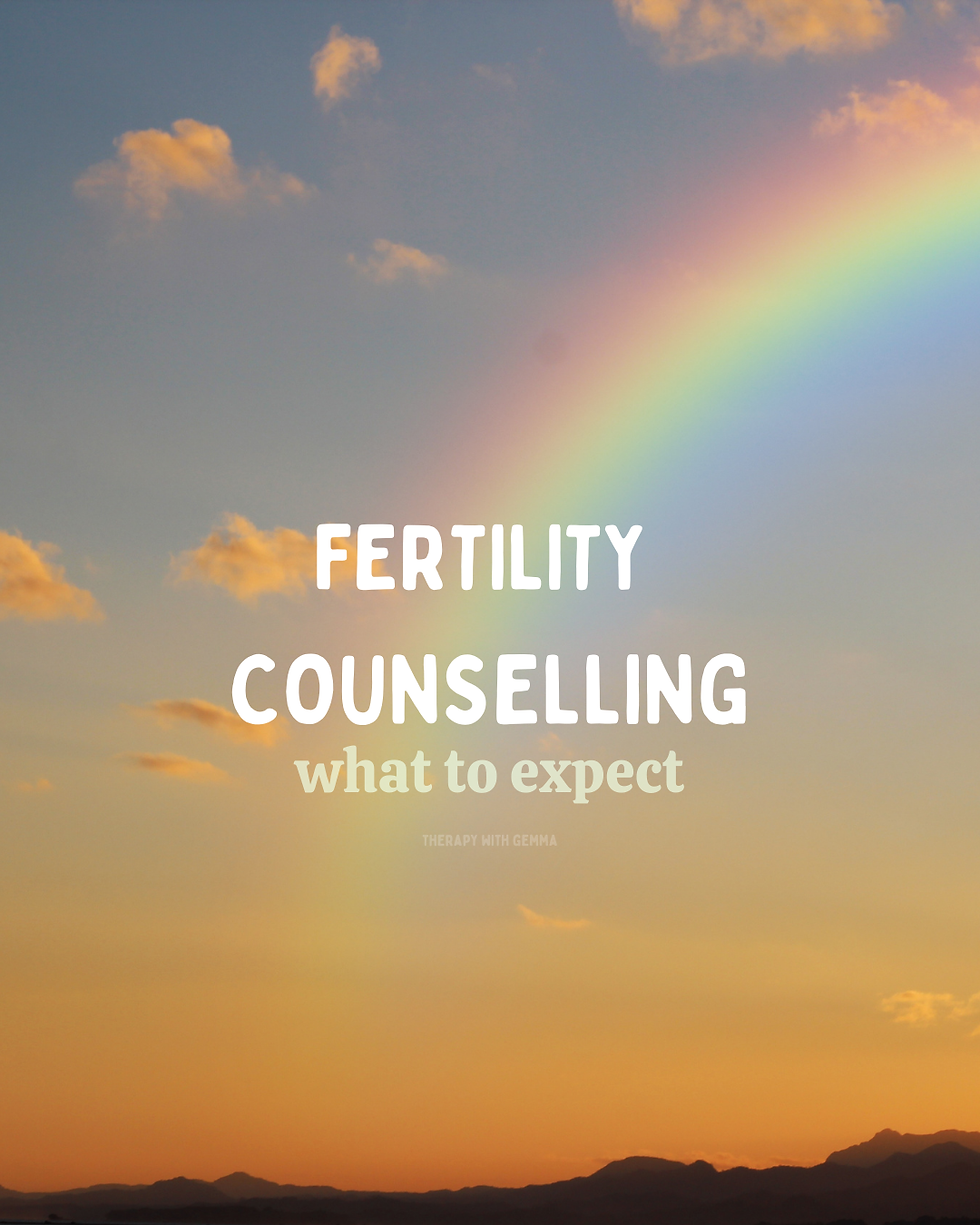Meaning Making
- gemmasands
- Feb 1, 2024
- 3 min read

I was having a chat with the CEO of my new job the other day, and I spoke about the difference I have experienced coming from a Cancer charity- where I am having conversations with people who are often terminally ill or dying, to a suicide prevention role.
This new role has me looking at life through a different lens, and I have been thinking about meaning, not just in a philosophical "what's the meaning of life?" way, but how we actively create meaning in our lives, and how we can become stuck at certain points.
As a psychotherapist, I have had the privilege of working with many individuals who come to me seeking guidance and support in finding meaning in their lives. This is a common struggle that many of us face, and it is a vital aspect of our overall well-being.
As Viktor Frankl, a renowned psychologist and Holocaust survivor, once said,
"Those who have a 'why' to live, can bear with almost any 'how'."
But what exactly is meaning-making, and why is it so important? In simple terms, meaning-making is the process of creating significance, purpose, and fulfillment in our lives. It is what gives us a sense of direction, motivation, and satisfaction. Without meaning, life can feel empty, aimless, and even hopeless.
As human beings, we have a deep desire to understand the meaning of our existence. This need for meaning has been studied extensively in psychology, with many theories and perspectives emerging over the years. One of the most prominent theories is the psychological concept of 'logotherapy', developed by Viktor Frankl. According to Frankl, the primary motivation for human beings is the search for meaning. He believed that this search is what distinguishes us from other animals and is a fundamental aspect of our psychological well-being.
Research in psychology has also shown a strong correlation between meaning-making and mental health. Studies have found that individuals who have a sense of purpose and meaning in their lives are more resilient to stress, have lower levels of anxiety and depression, and experience better overall psychological well-being. On the other hand, a lack of meaning has been linked to feelings of emptiness, hopelessness, and even suicidal ideation.
So how can we make meaning in our lives?
Here are three key elements that I often discuss with my clients:
1. Self-Reflection and Self-Awareness: The first step in making meaning is to understand ourselves and our values. It is essential to reflect on our beliefs, desires, and goals to gain a deeper understanding of what truly matters to us. This process of self-discovery can help us identify our purpose and align our actions with our values.
2. Finding Purpose in Our Relationships: We are social beings, and our relationships play a significant role in our lives. Meaningful connections with others can bring a sense of purpose and fulfillment. As psychotherapist Irvin Yalom once said, "The ultimate goal of therapy is to create a meaningful life." This statement highlights the importance of relationships in our search for meaning.
3. Contributing to Something Greater Than Ourselves: Making meaning in life often involves contributing to something beyond ourselves. This could be through volunteering, helping those in need, or pursuing a passion project. By making a positive impact on the world, we can find a sense of purpose and fulfillment.
I have seen firsthand the transformative power of finding meaning in life. It is an ongoing process, and what brings meaning to one person may differ from another. But ultimately, it is a crucial aspect of our psychological well-being and can help us navigate through life's challenges. Psychologist Carl Jung once said, "The greatest and most important problems of life are fundamentally unsolvable. They can never be solved, but only outgrown." Meaning making helps us grow and evolve as individuals, making our journey through life a more fulfilling and purposeful one.


Comments